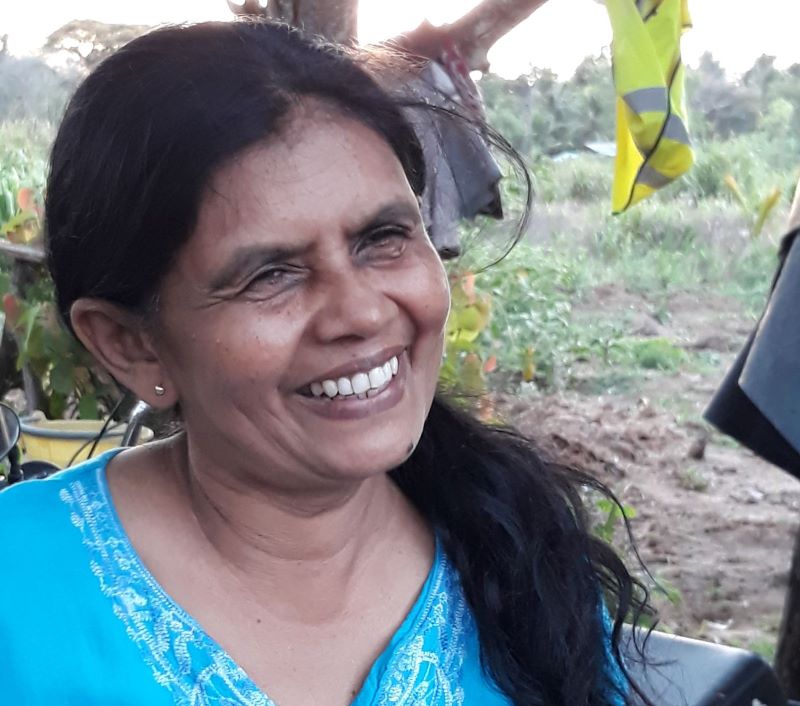In Sri Lanka, despite a high literacy rate among women, only 32 percent are in the workforce and, women own only 25 percent of these SMEs.
Financial institutions often overlook women entrepreneurs when seeking new clients and business opportunities. On their part, the women participating in the labor force often lack the confidence or capacity to pursue new investments or are hindered by discriminative policies and regulations.
To address the challenge in Sri Lanka, an ecosystem of stakeholders led by ADB, with support from the We-Fi, are working to change this narrative. Through the Enabling an Empowering Business Environment for Women Entrepreneurs program established in 2018, ADB is addressing missed business opportunities for women. They built an enabling environment for women-led businesses in Sri Lanka to grow.
Women entrepreneurs as priority business segment for banks
The program supports women entrepreneurs by facilitating access to finance, developing a better policy and institutional environments for women-owned businesses to thrive, and building the capacity of women-owned SMEs.
“The comprehensive and tailored program helps women SMEs not just develop business proposals but also be a part of an incredible entrepreneurs’ network,” explained Savindi Jayakody, associate economics officer, South Asia Department of ADB.
Watch the video:
Since the program’s launch, more than 600 women-owned SMEs have accessed loans through blended finance, while more than 200 women have completed business development training, which was converted to online training in response to the pandemic. At the institutional level, 10 banks and three government agencies have completed gender gap assessments to improve their service deliveries to women clients. Rigorous impact evaluations on access to finance and training are ongoing to facilitate evidence-based policy formulation.
“The program has changed the behaviors of the participating banks and women entrepreneurs to be more proactively reaching out to each other,” said Takuya Hoshino, Financial Sector Specialist, South Asia Regional Department of ADB.
“The government plays a key facilitator role by developing a favorable regulatory environment, operating skill development programs, and providing fiscal incentives to accelerate the change,” Hoshino said.
A win-win situation at all levels
The changes being created at both institutional and personal levels are critical and have significant multiplier effects.
“It allows us to close the gender gap that exists in the workforce and entrepreneurship today in Sri Lanka,” Jayakody said. Successfully closing the gender gap could mean there is now an opportunity to achieve an additional 20 percent economic growth in the long run, which will result in greater women’s economic empowerment, social well-being, poverty reduction, and sustainable economic development, she explained.

